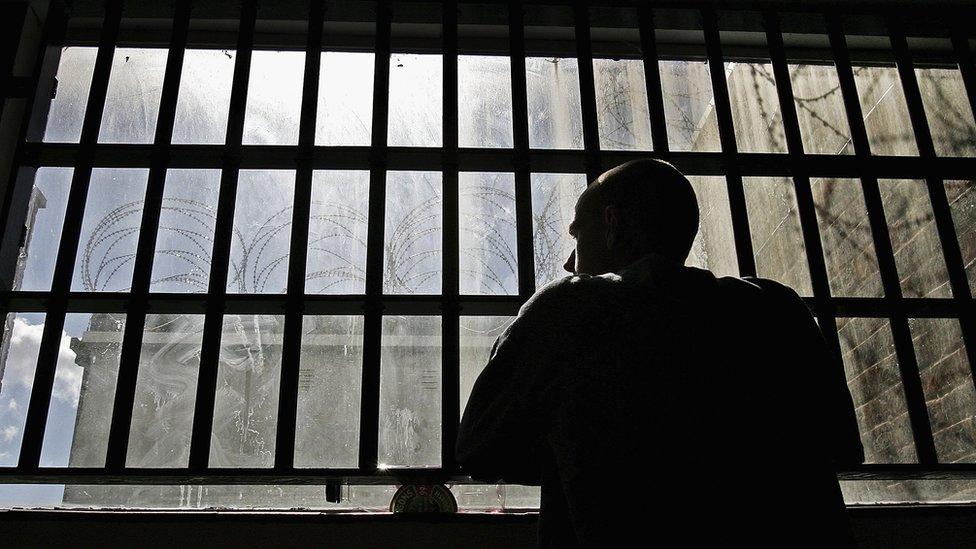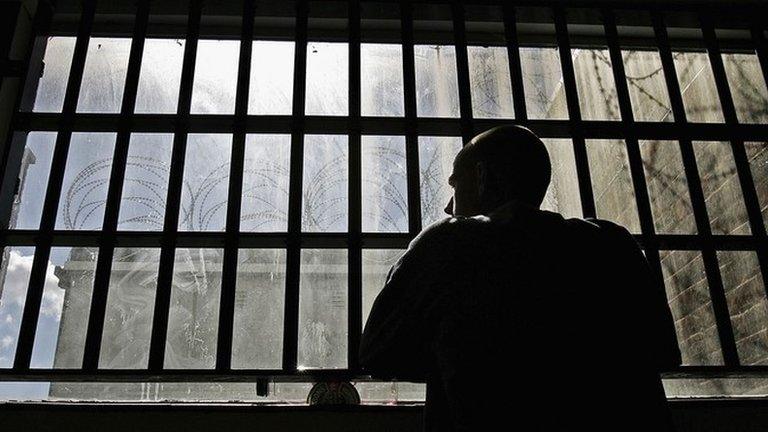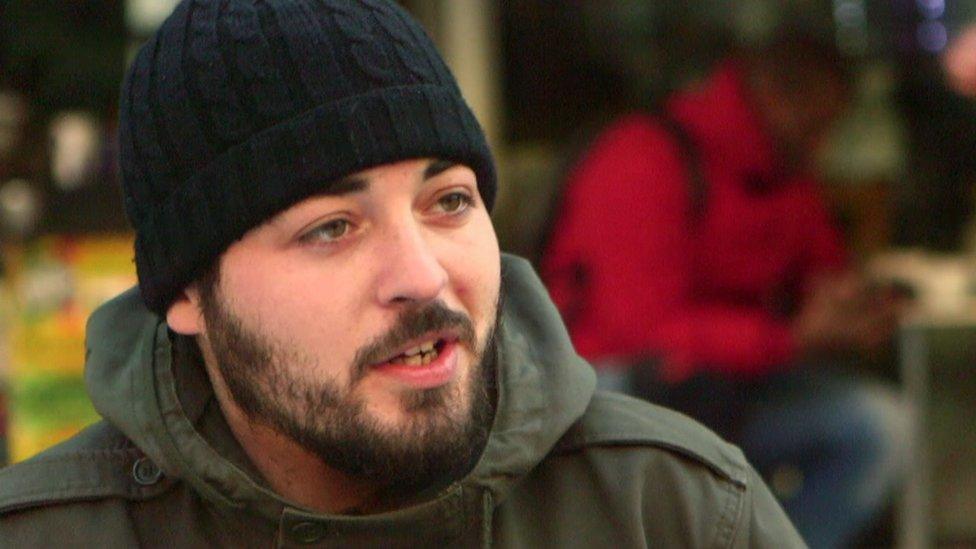Homeless young offenders' housing criticised by report
- Published

A third of homeless 16 and 17-year-old offenders in England and Wales are being placed in unsafe or unsuitable accommodation, a report has found, external.
The report outlines a number of failings including poor support and a lack of appropriate housing.
Chief Inspector of Probation Dame Glenys Stacey said the wider support children received was "sometimes... woefully inadequate".
The government said children's services had to protect this group by law.
The report was produced from the joint findings of HM Inspectorate of Probation and the Care and Social Services Inspectorate Wales.
Local authorities are responsible for providing accommodation for homeless young people of that age, and the report said many had already been in the care system.

What does the report show?
Inspectors found:
While the young people had a roof over their heads, they often did not get more than a few hours of professional support a week
There were particular concerns about risks to young people who were sharing hostel or bed and breakfast accommodation with adult strangers, some of whom had criminal records
There was a limited range of suitable housing which meant some young people were placed in accommodation that did not meet their needs
Inspectors said some of the reasons for the failures appeared to be inadequate assessment, a limited range of suitable accommodation, a lack of understanding of each child's needs and treating them as if they were adults.
They added that none of the local authorities they spoke to blamed failures on a lack of funding.

All the 16 and 17-year-olds whose cases were examined by probation and social care inspectors had experienced some sort of trauma in their earlier life and, the inspectors said, had often often demonstrated "difficult behaviour".
Crucially, the report concluded that these children were "not yet capable of independence and still needed some form of parenting or support".
The report said local authorities "should avoid" placing youngsters in accommodation with adults who may pose a risk of harm to them, and youth offending teams should work together to improve the support for these children - including tailoring their support to the needs of each child.
"The wider support children received was sometimes excellent but in other cases, woefully inadequate," Dame Glenys said.
"Support for these children needs to be more consistent, effective and in line with the expectations set by the courts, so that they can successfully become independent adults."
A government spokesperson said: "The law is clear that children's services must protect any child without a home and give them the support they need - and this age group is no exception.
"The number of 16 and 17-year-olds being placed in bed and breakfast accommodation has fallen but we know there is more to do.
"That is why we are investing over £500m to tackle homelessness and are collecting data on all children who go missing from care. This will help local services respond more quickly to this issue."
- Published23 May 2016

- Published12 March 2015

- Published10 December 2015
